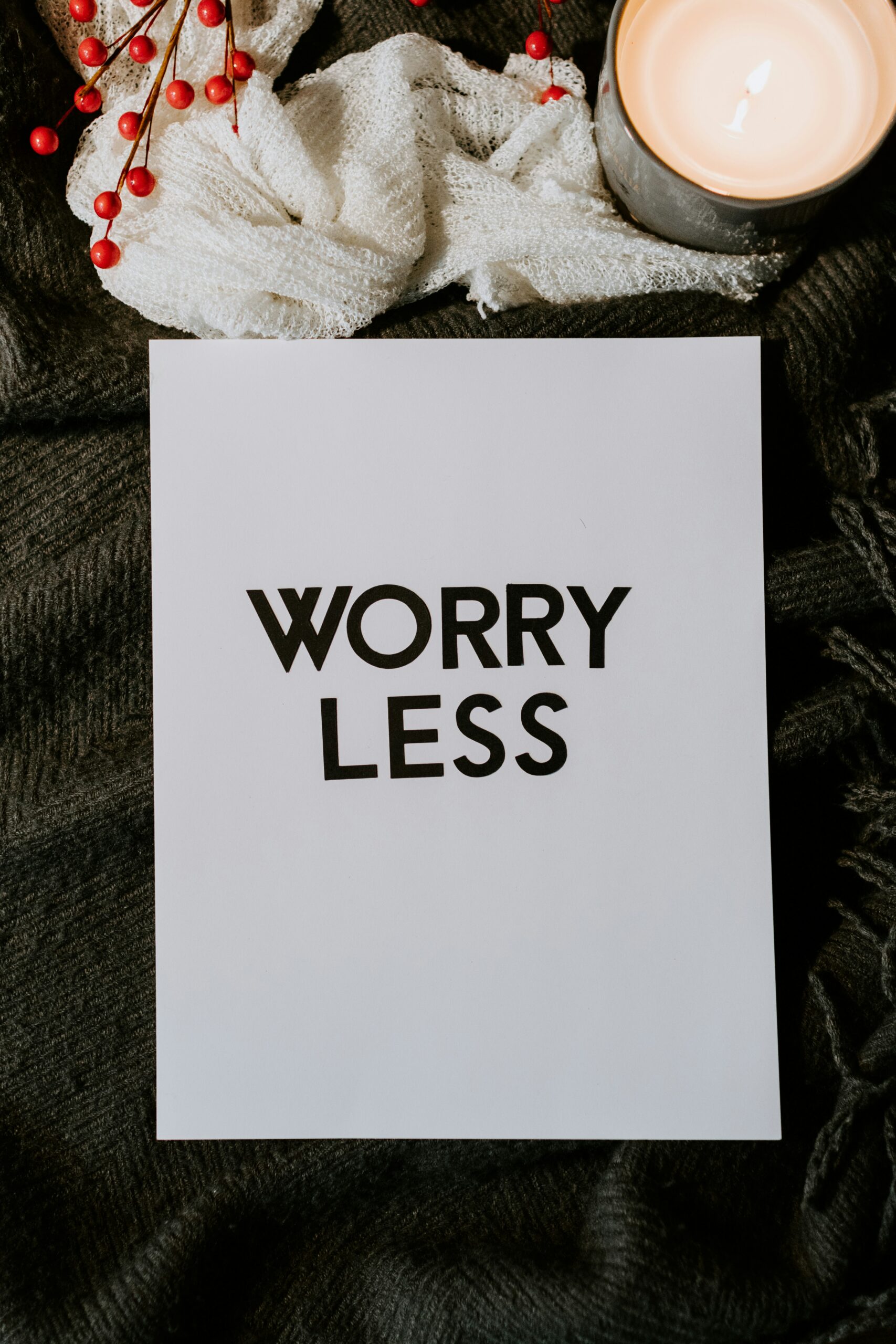
To support my writing, go read this article on Medium here!
If you’re struggling to navigate this hell-scape that we call the mental health and medical industry — you’re not alone.
It’s a complicated system, and honestly, I could don my tin foil hat and tell you that it’s designed to be that way (I may go more into this in a future article, so stay tuned!).
But if you’re ready to start taking responsibility for your own well-being, and don’t know where to start — then you’re in the right place, baby.
Seeking out treatment can be super overwhelming, and extremely ableist. This guide is designed to break things down step by step, making it more accessible for everyone.
I’m going to keep it brief for you. If you want a longer article with a more thorough explanation and personal anecdotes, let me know! I’m always looking for a reason to talk about this kind of shit.
Bare with me until the end because there is a caveat that is important to keep in mind before getting started.
DISCLAIMER: This does not apply to crisis situations, and you should follow any route that suits your needs best. I’m simply giving basic steps to start your mental health journey today, if you wish to do so.
Why therapy?
Understanding the specific problem(s) you’re trying to address will be the first step in finding the right therapist for you.
Here are some things you may want to consider when choosing a therapist:
- Specializations (i.e. anxiety, depression, trauma, relationships)
- Therapy Style (talk therapy, structured, somatic, mindfulness-based)
- Cultural or identity specific needs (LGBTQ+, religious, older / younger)
- General details (in-person vs telehealth, budget vs insurance)
How much will this cost?
Finances are one of the biggest barriers to mental health care.
If you have insurance, check what they’ll cover. Most insurance providers have a number you can call, or they send out a benefits packet.
Speaking from experience, it’s a bit of a roulette whether you’ll get a helpful answer. Best case scenario, we have a place to start and know our limits.
If you don’t have insurance or are paying out of pocket — the biggest question is budget.
How often can you afford therapy? If finances are tight, narrow your search to therapists who offer sliding scales or have a lower weekly cost.
If money and insurance isn’t an option, seek out local community resources.
Some have longer waiting lists, but anything can happen. When I was broke, I went through my community college for (mostly) free counseling.
While the therapist wasn’t specialized enough for my specific mental heath disorders, it still helped tether me to Earth during the worst years of my life. Sometimes that’s all we can ask for.
How to find a therapist
When I first started, I had absolutely no clue what I was looking for.
Someone to talk to I guess?
Someone who took my insurance?
I didn’t have any clear goals. And if that’s you — great! This gives you more flexibility in options and broadens the availability pool.
Consider what makes you feel comfortable. Is it a therapist’s credentials? Do you feel more at ease with a therapist of specific gender? For me, I started there.
Consult your local resources first. Don’t go subscribe to some sort of mental health online platform for a therapist with a blurry camera and poor internet connection. Google “therapists near me,” ask friends for recommendations, or visit Psychology Today to filter therapists by your preferences. That’s where I found the first therapist I had for over 5 years.
While I don’t judge people for using whatever is available and helps them — please avoid AI therapy bots, if you can.
Reaching out
Luckily, most therapists that you find online have either a way to call or email them. So, do that!
There are a few important things we will want to know about this person before we decide to give them our sweet deductible, copay, or hard-earned cash.
We want to know:
- Why are you in therapy? Explain your reasons for seeking therapy. This helps both you and the therapist determine if they’re a good fit for your needs.
- Availability: Ask about their availability and scheduling flexibility. Do you work a 9–5 and need late evenings or early mornings? Better ask.
- Payment details: If they accept your insurance, and you’re clear on co-pay costs — then you’re gucci. But if you’re paying out of pocket, discuss fees and policies (i.e. cancellation fees.)
Signs of a good therapist
Everyone needs something different.
Some people just want or even need talk therapy. And that’s okay! If you just need a therapist who listens, I’m all for that.
But at one point, there wasn’t any progress with just talk therapy for me. I needed something more, so I started narrowing my search even further.
Here’s some of the things that I consider to be signs of a good therapist:
- Act as a resource
- Set a goal or intention for the week
- Specialize in the areas I’m struggling with
- Validate my feelings, but challenge them when needed
- Doesn’t let me ramble/get lost in thoughts for too long
It’s important to think about what you want from therapy. What are your goals? What makes you feel safe enough to share?
Stay open to pursuing other options
On your search for a therapist, remember that you don’t have to stay with them forever. You can explore other options if you feel that, after awhile, you haven’t made any progress or don’t feel your sessions are helpful.
I can’t tell you how many friends of mine stay in therapy spaces that are no longer serving them. Then, they leave the therapy with a sour taste in their mouth. I promise you you can get something good out of this with the right person.
Ultimately, you will know what is best for you and you should follow your gut. If you’re like me and you’re uncomfortable with “ending” a relationship with your therapist — don’t be.
You don’t even have to tell them. You can just disappear. Ghosting is totally fine when it comes to professional relationships like these.
Summary
If just the thought of getting started have you hitting your head against the same wall, then here’s an even further, more straightforward breakdown of what we just went over:
- Identify your needs
- Figure out your budget/insurance options
- Look for therapists based on those two factors
- Schedule a consultation and ask the right questions
- Monitor the vibes over time
Bada-bing, bada-boom — now you’re in business, baby.
I wish I could say that your journey truly starts with finding a therapist, but it’s more like choosing the right gear for a long adventure.
Think of it like getting ready for a trek: you wouldn’t climb a mountain with just any pair of shoes. You would probably try out a few pairs on shorter hikes, ensuring they fit and can handle the terrain.
Similarly, you might not find the perfect therapist right away, and that’s completely normal. It’s important to get comfortable with the idea that it may take time to find the right fit.
I was extremely privileged that my first therapist helped me build a solid foundation for five years before transitioning to a specialist for BPD.
If you’re looking for a little extra help, join my newsletter Project: Don’t Die where I send out FREE mental health resources twice a month at no cost to you.
